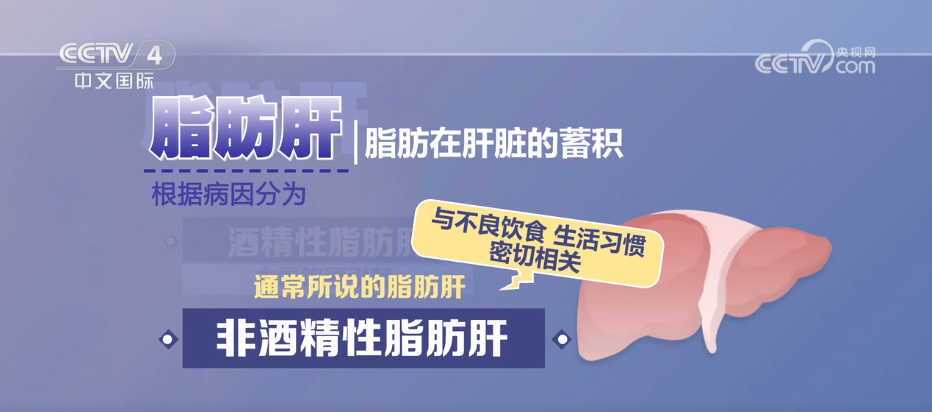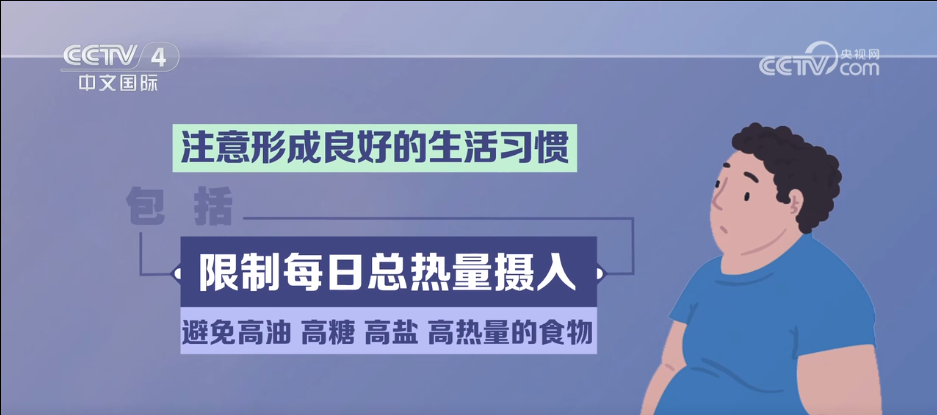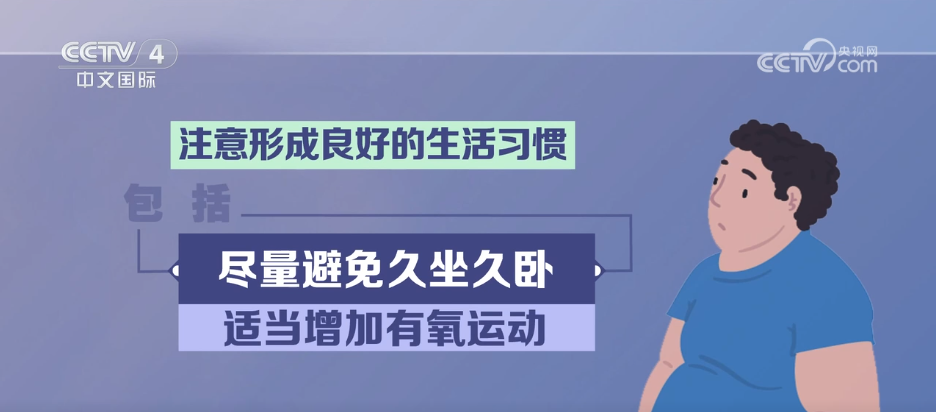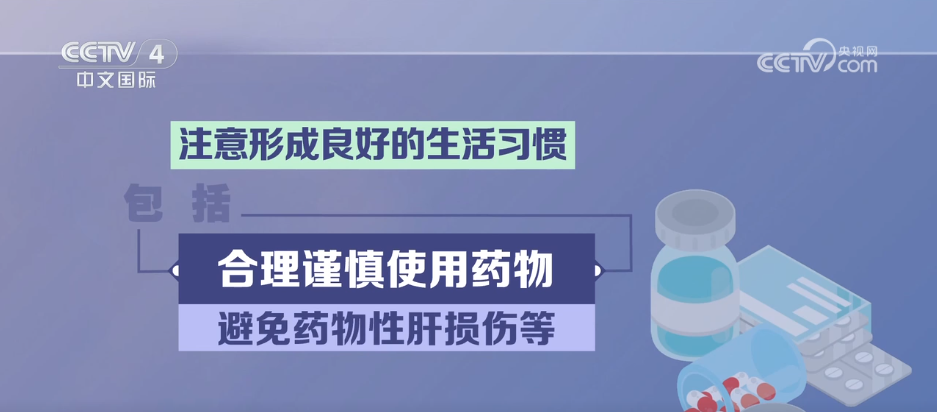CCTV News: March 18 is National Liver Love Day. In recent years, the incidence of fatty liver in China has increased year by year. According to the latest estimates, the prevalence of fatty liver in China has reached about 30%. So, what are the harms of fatty liver? If fatty liver is detected during a physical examination, how should we deal with it? Let’s learn about it together.
>

What is fatty liver? Fatty liver, as the name suggests, is the accumulation of fat in the liver. According to the cause, it can be divided into alcoholic fatty liver and non-alcoholic fatty liver. Alcoholic fatty liver is caused by a lot of alcohol consumption. The fatty liver we usually call refers to non-alcoholic pure fatty liver, which is closely related to bad diet and living habits.
What are the dangers of fatty liver? Many people think that fatty liver does not hurt or itchy and does not have much impact on health. In fact, the accumulation of fat in liver cells will gradually cause inflammation, and the liver may cause more serious problems during the repeated repair of inflammation.
Is fatty liver caused by obesity? Data shows that more than half of obese patients suffer from fatty liver, but this does not mean that fatty liver is just a "patent" for fat people. Experts say that even if you are not overweight, that is, your BMI is less than 24, if you have abdominal obesity or have genetic defects, fatty liver may still occur. Some people also believe that eating too much meat can easily lead to fatty liver, so will you not get fatty liver if you eat vegetarian food? Rao Huiying, director of the Institute of Liver Diseases at Peking University, said that if you don’t eat protein or meat, you may often consume more sugar and staple foods, and the conversion of sugar and staple foods into the liver will also form fat.




What should I do if I find fatty liver? Experts recommend that patients who find fatty liver during physical examinations must go to the hospital for relevant examinations, assess the severity, and receive professional guidance on improving their lifestyle. Patients with mild fatty liver have normal liver function and meet all physical indicators, and do not need to undergo drug treatment. They should pay attention to forming good living habits in daily life, including limiting their daily total calorie intake, avoiding high-oil, high-salt, high-calorie foods; try to avoid sitting and lying down for a long time, and appropriately increase aerobic exercise; use drugs reasonably and cautiously to avoid drug-induced liver damage, etc.


